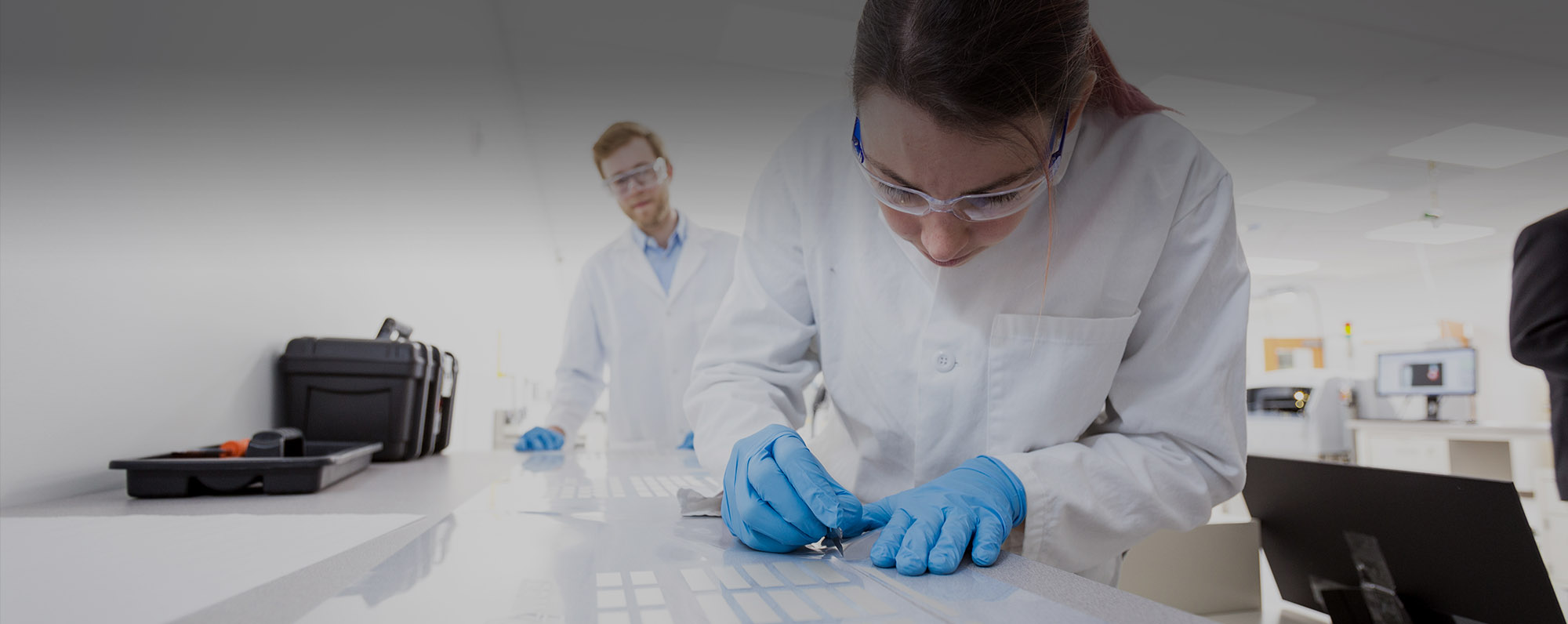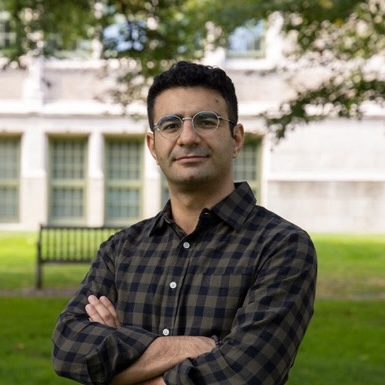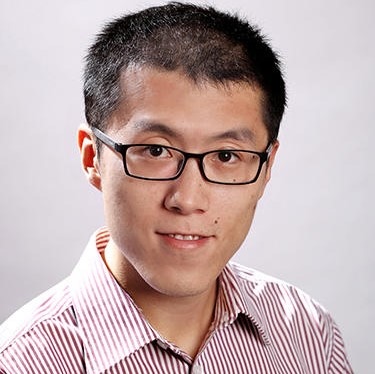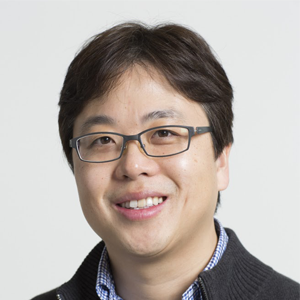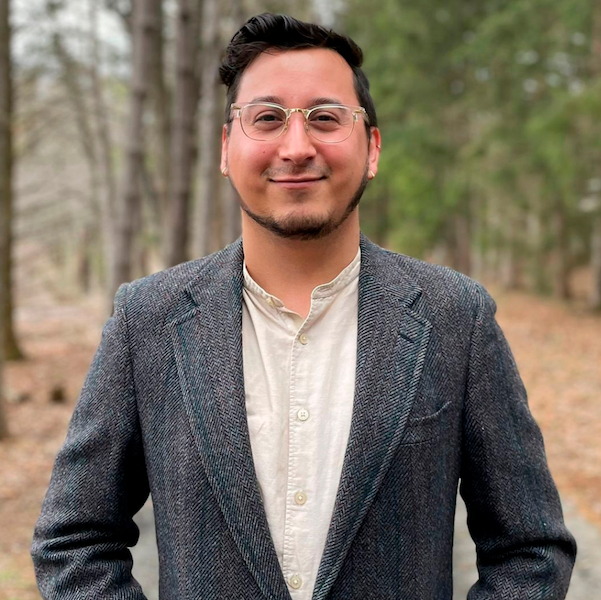
Sajjad Moazeni, Ang Li (Electrical & Computer Engineering) will develop optical switches for more efficient AI data centers; Lingzi Wu, Hyun Woo (Chris) Lee, Dylan Stevenson (Built Environments) will partner with local tribes to create mapping tool for electric vehicle charging infrastructure
September 3, 2024
The University of Washington (UW) Clean Energy Institute (CEI) has awarded Collaborative Seed Grants to two UW faculty teams to enable their pursuit of center-scale funding for transformative clean energy research. CEI Collaborative Seed Grants provide UW scholars with up to $100,000 over one year to explore novel, high-risk/high-reward research topics, while seeding new collaborations in research, education, and community engagement that significantly increase the prospects for future extramural support.
“I’m inspired by these innovative UW faculty who are coming together to accelerate our transition to a clean energy future,” said CEI Chief Scientist David Ginger. “Washington state is a national leader in decarbonization, and being at the vanguard means being the first to face emerging challenges. I’m pleased that CEI can enable UW researchers to address the clean energy needs of two pillars of our state: our high-tech industry and our local tribes, who are on the front lines of the energy transition and climate change. Deep scholarly engagement with all communities and economic sectors is key to achieving our local, national, and global climate goals.”
Enhancing Sustainability and Performance of AI Data Centers by Using Accelerated Optical Switching Networks
Sajjad Moazeni (PI)
Assistant Professor
Electrical & Computer Engineering
CEI Member Faculty
Ang Li (co-PI)
Assistant Professor
Electrical & Computer Engineering
CEI Affiliate Faculty
As data centers are already consuming increasingly large shares of our energy supply, the emergence of artificial intelligence (AI) underscores urgent sustainability concerns. AI data centers can consume well over 100 megawatts — ten times more power than a typical data center for cloud storage — while power usage efficiencies have been stagnant for years.
Conventional networking with electrical hardware is poorly optimized for AI data centers, as energy is wasted by intermittently idling chips, while the physical proximity of the units within a high-performance computing cluster creates a hotspot that requires even more power to cool.
UW PIs Sajjad Moazeni and Ang Li, both assistant professors of electrical & computer engineering (ECE), will develop silicon-based photonic devices for fully optical networking. While Google has recently demonstrated 40% power savings in their AI clusters using optical switches based on micro-electro-mechanical systems (MEMS), the proposed “monolithic” silicon chip will offer a more versatile and scalable solution for enhancing AI data center sustainability and performance.
Equitable Public Electric Vehicle Charging Infrastructure Expansion — From the Tribal Community Perspective
Lingzi Wu (PI)
Assistant Professor
Construction Management
CEI Member Faculty
Hyun Woo (Chris) Lee (co-PI)
Associate Professor
Construction Management
CEI Affiliate Faculty
Dylan Stevenson (co-PI)
Assistant Professor
Urban Design + Planning
CEI Member Faculty
Transportation is responsible for 39% of Washington’s total greenhouse gas emissions. Strategically expanding electric vehicle charging infrastructure (EVCI) is crucial to support the electrification of this sector, as existing research consistently demonstrates a strong correlation between public EVCI availability and EV ownership at both national and municipal levels.
However, reports have revealed that EVCI planning often neglects the specific needs and challenges of historically underserved communities, especially tribal communities, while electrifying both work fleets and personal vehicles in these communities may have the greatest potential for impact. For instance, tribe members often face particularly significant commutes — a survey of Yakama Nation tribal employees showed an average daily commute of 44 miles — while tribal government officers undertake even more extensive driving, with a typical forestry employee covering as much as 200 miles per day. Reducing fuel costs and mitigating air and noise pollution provides further sustainability and resilience benefits.
UW College of Built Environments faculty Lingzi Wu, Hyun Woo (Chris) Lee (construction management), and Dylan Stevenson (urban design + planning) will foster partnerships with the Northwest Tribal Technical Assistance Program Center (NW TTAP) and other interested tribes in Washington state to evaluate EVCI expansion needs and challenges, emphasizing environmental justice, transportation justice, and energy justice. The UW team will coordinate with tribal staff to tailor community engagement plans to each community’s needs, with the ultimate goal of co-creating a scalable, data-driven mapping tool to facilitate EVCI expansion in tribal areas.
Learn more about UW Clean Energy Institute Collaborative Seed Grants here.



